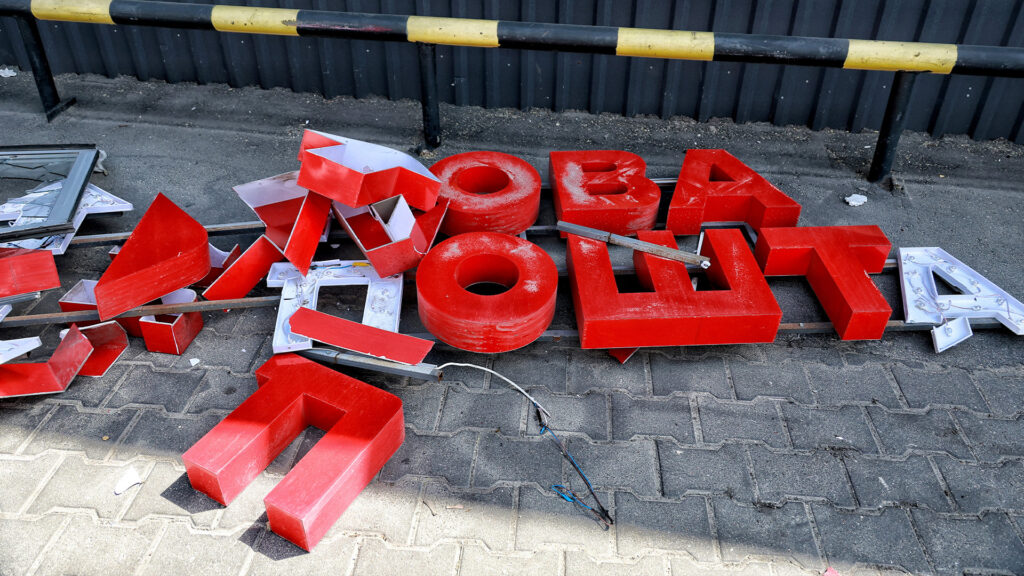Days after striking a deal with Ukraine involving rare earth minerals, the Trump administration appears to be conducting a major shift in diplomacy. Months after the president’s promise to end the Ukraine-Russia war, quickly after becoming president, the U.S. announced that it would no longer engage in what is often referred to as shuttle diplomacy between the two countries.
What is the State Department’s position?
State Department spokeswoman Tammy Bruce said Thursday, May 1, that the U.S. will no longer be the “mediators” in these negotiations. She added that the methodology of how the U.S. contributes to peace talks will change.
Bruce said the administration remains committed to ending the war and will do what it can but will no longer “fly around the world at the drop of a hat to mediate meetings. She added that these negotiations are “now between the two parties,” adding, “now is the time that they need to present and develop concrete ideas about how this conflict is going to end.”
“It’s going to be up to them,” Bruce said.
Prior signs
Last month, Secretary of State Marco Rubio warned that the U.S. would not continue mediation efforts for weeks and months on end. He said that the United States would do what it could “on the margins” and would help whenever the two countries are ready to have peace. On Thursday night, during an interview with Fox News, Rubio told host Sean Hannity, “This is not our war,” and that what’s happening in China is more important in the long-term future of the world.
How is the minerals deal going to work?
As for the minerals deal, the Kyiv Post is reporting that the Trump administration has told Congress it intends to send $50 million worth of defense-related goods to Ukraine. In this case, the State Department would allow an American company to sell defense equipment directly to a foreign buyer without going through the Pentagon’s Foreign Military Sales program.
Newsweek reports that between 2015 and 2023, the U.S. OK’d the direct sale of more than $1.6 billion worth of defense goods to Ukraine, including more than $232 million in ammunition.
Meanwhile, the minerals deal calls for the United States and Ukraine to share the proceeds of sales of titanium, uranium, lithium and copper. Those minerals are used in the defense, energy and technology industries.
A joint fund would be divided 50/50 between the two countries, with some of the money going to the reconstruction of war-decimated Ukraine. The deal does not contain any language of debt obligations that the country owes the United States for its financial and weapons support during the war with Russia.
The Trump administration has called the minerals deal “historic” as it looks for financial security guarantees from Ukraine as peace negotiations to end the war drag on.


